#fluencylevelfrench
Explore tagged Tumblr posts
Text
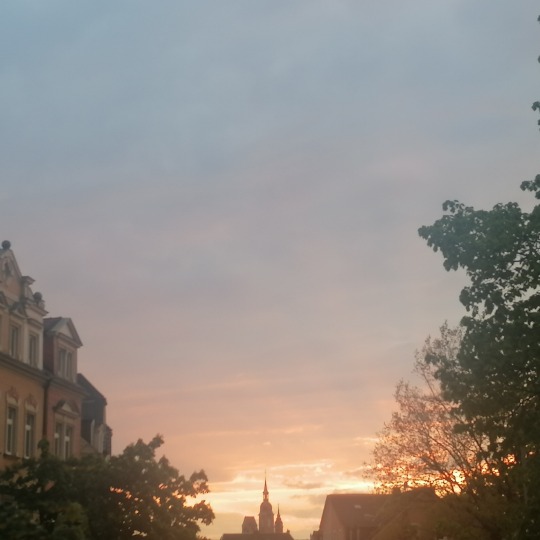
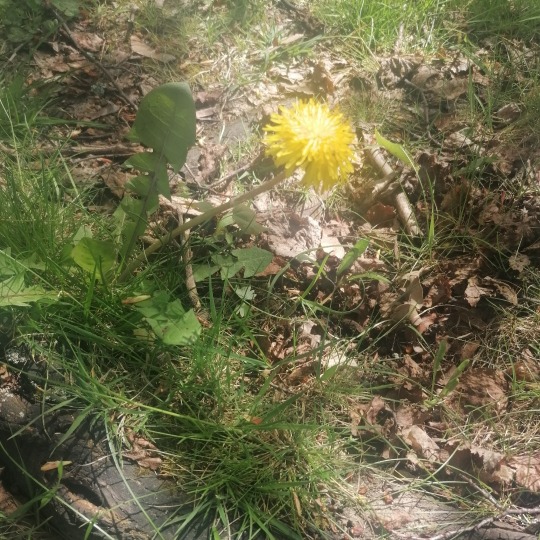
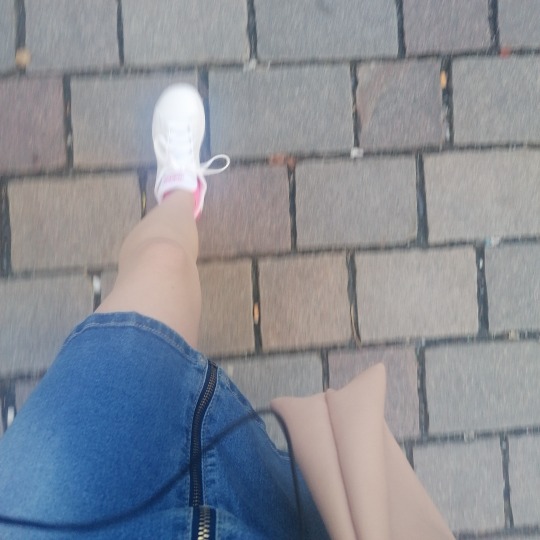
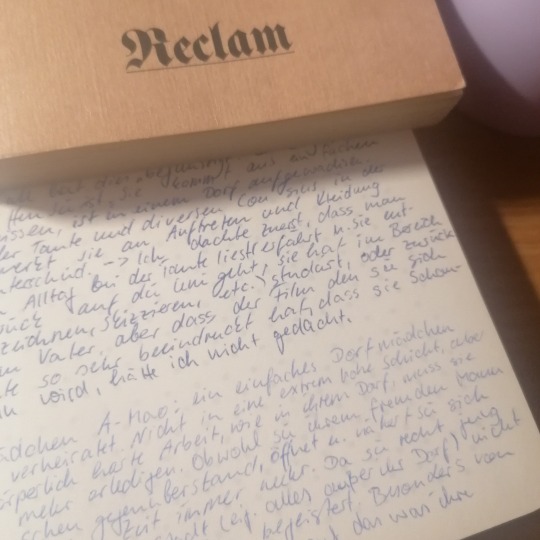
This was a good start. This spring feels nice. Heavy and light at the same time.
#studyblr#voyagenotes#studyvan#problematicprocrastinator#stuhde#eintsein#serendistudy#heyzainab#bookblr#myhoneststudyblr#bulletnotestudies#medustudies#heysaher#astudentslifebuoy#heypat#fluencylevelfrench#boldlystudy#adelinestudiess#nature#studyinglaurel
63 notes
·
View notes
Note
Hello! How are you? How has the new term started for you ? :) have a great Sunday evening!
Oh hello!! I’m good, how are you??
The new term has been going well so far! I have a lot of new students so I’m still learning names.
How has your new term been going?
✨⭐️
3 notes
·
View notes
Note
3, 76, 59, 100?
3. Échalo Pa' Ca by Sofia Reyes, Darell and Lalo Ebratt
59. Asi Como Yo by Lenier and Nacho
76. Tienes La Magia by Lil Silvio & El Vega
100. SAD (Clap Your Hands) by Young Rising Sons
3 notes
·
View notes
Note
omg hell yeah Piranesi 5 stars!! yay!
YESSS!!!!! I didn't know anything about the book beforehand so it took me completely by suprise. I love Piranesi as a main character so much and I am also obsessing over how it takes many ingredients that I love in a story (e.g. "the house is alive") but instead of having it be a horror story it's...very blissfull actually?
I also read somewhere that Susanne Clarke loves going on long walks and tried to experience that via Piranesi when she struggling with chronic fatigue and I can really relate to that. So yes, 5 stars!!!!!! I loved it a lot!!!!
#I also have a lot of thoughts about how piranesi and the biologist from the southern reach trilogy have so many similarities#and also are complete opposites#don't get me started#btw that ask refers to my storygraph review#I am also notgreengardens on there in case anyone wants to be friends there#thanks for the ask!#fluencylevelfrench#ask#piranesi
24 notes
·
View notes
Note
you like fantasy books? you like to sleep in ?
Double yes to that! I haven't read any high fantasy in some time, though, but one of my current favourite genres is magical realism, so I guess that can kinda fall under that umbrella as well. And yeah, one thing about me is that I Like To Sleep.
2 notes
·
View notes
Note
Good luck from me as well!! (and no never heard of this superstition before, very interesting!)
Maybe it truly is just a Swedish thing! (you know what I wanna say but I'll just leave this instead: ❤❤❤)
2 notes
·
View notes
Note
18 and 21? :)
What's the most expensive thing you've ever bought?
See, I don’t spend that much money on myself. I guess the most expensive thing would be a fortnight long trip to London and Scotland last year? If we aren’t counting my undergraduate degree, which is a more boring but more honest answer.
A song that evokes a good memory?
My mom used to love this song and we used to sing it all the time in the car. Only recently rediscovered it ☺️
0 notes
Note
8 and 26?
Hey, thank you for sending!
8. How many languages do you know? I kind of speak/understand 5 languages atm, my native included: Italian, English, Spanish, Korean, French (by now I kind of forgot Russian or most of it, therefore I'm keeping it out of the list). I would like to say I'm fluent or almost fluent in all of them but nope... :')
26. How many pictures you have on your phone? In my camera folder I have around 550 pictures (since February 2020). I have other folders though, where I keep the photos I edit (even the ones I no longer have in my camera folder - basically I have too many pics hehe)
1 note
·
View note
Note
Happy Birthday!
Thank you!! 💜💜
1 note
·
View note
Text
Nine People I'd Like to Know Better
I was tagged by @quatregats 💖
Last song: “Bad Habits” by Ed Sheeran
Favorite color: purple (currently wearing an all-purple outfit 💜)
Currently watching: Downton Abbey
Spicy/savory/sweet: savory or (not too) sweet
Relationship status: single
Current obsession: none actually, it's been a while since I've had one 😕
I tag @fluencylevelfrench, @lemonadeandlanguages, @marilearnsmandarin, @mediocrelanguagelearner, @pawprintedpages, @ruhua-langblr, @segledepericles, @sprachgefuehle, and @slavic-roots-western-mind (no pressure!).
51 notes
·
View notes
Text

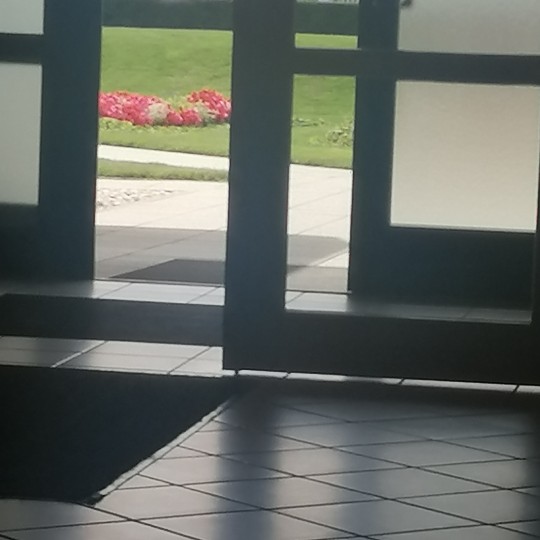
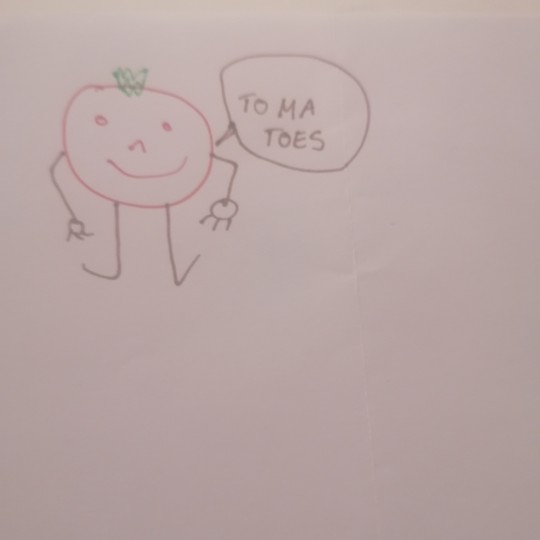
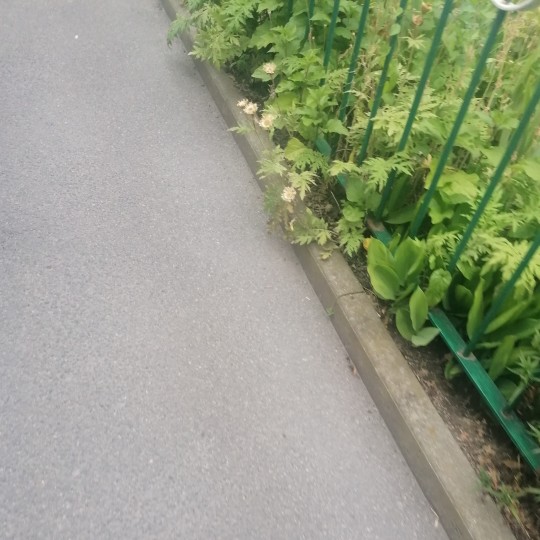
No study related photos again.
It's not that I'm in a slump. But I don't work on anything either.
I hope it will get warmer soon.
#voyagenotes#studyblr#studyvan#problematicprocrastinator#stuhde#eintsein#serendistudy#heyzainab#myhoneststudyblr#nature#bulletnotestudies#medustudies#heysaher#heypat#fluencylevelfrench#boldlystudy#adelinestudiess
10 notes
·
View notes
Text
tagged by @fluencylevelfrench
Tag game! Books you still want to read this year:
(this is just me looking at my suspended libby holds tbh)
A Tempest of Tea by Hafsah Faizal
Rani Choudhury Must Die by Adiba Jaigirdar
The Spear Cuts Through Water by Simon Jimenez
Witch of Wild Things by Racquel Vasquez Gilliland




tagging: @howlsmovinglibrary @logarithmicpanda @bookofthefairytales @the-forest-library @writersarea @lexreadsdiversely and anyone else who wants to join in!!
15 notes
·
View notes
Note
3 and 7?
Hi! :)
3: What book are you planning to read next?
Either "Deep Fake" by Ward Larsen or "The Curse of Capistrano" by Johnson McCulley
7: What was/were the last book/books you bought?
I actually bought three books this month! :D "State of Terror" by Hillary Clinton and Louise Penny, "Deep Fake" by Ward Larsen, and "Diablo Mesa" by Preston & Child. I've only read the first one so far, but I'm excited to read the rest!!
Thanks for the questions!
Bookish asks
2 notes
·
View notes
Text
Thank you @karwailang for the tag!
Shuffle your "On repeat" playlist, post the first 10 tracks, then tag 10 people to do the same
Scarborough Fair - Celtic Woman
FFVII Remake - タークス:レノ - 植松伸未, 鈴木克崇 (lmao go figure)
Sugar - ONEIL, KANVISE, FAVIA
Come Play - Stray Kids
Hamløyper - Gåte
Whiplash - aespa
Stained - Linkin Park
Insane - Black Gryph0n, Baasik
Gamhna Gealla - Runrig
Brain Seed - Meta Soma
No pressure tagging: @fluencylevelfrench @dreamofghosts @kanpeki-bekki @cherryvampyyri @bonbonmacaron @dreamfaerye @la-galaxie-langblr @linguenuvolose @mediocrelanguagelearner @adhd-languages
12 notes
·
View notes
Note
hello hello I saw you starting under the dome!!! and it's my favorite stephen king book. it's just so good! I hope you enjoy it :D
Hi hello! :D
I already read it when I was 15 and loved it back then but now I wanted to get back to it to see how I like it over a decade later.
I also started it because I am currently listening to Just King Things, a podcast by two people whose media analysis I love very much where they read through the entire bibliography of Stephen King book by book in publication order. I am not even a King fan, but those two could make a podcast analysing the texts on the backs of shampoo bottles and I would immediately subscribe. So I am very curious what I think of the book after following their podcast!
4 notes
·
View notes
Note
hello! 10?
Hiii thank you!!
10. What was your favorite new release of the year?
I didn't read many new releases, but one I DID read and quite enjoy was Big Swiss by Jen Beagin! It was quite engaging and entertaining on audio at least
end-of-year book ask
1 note
·
View note